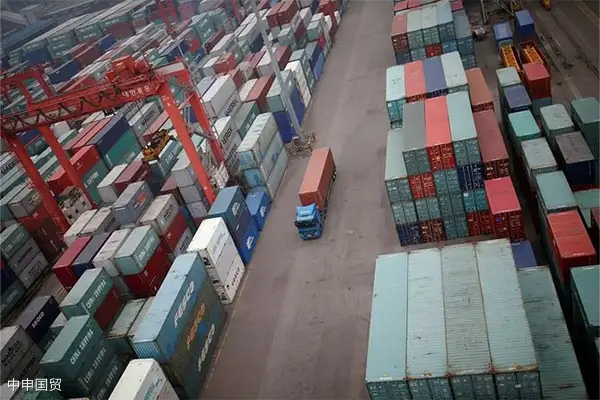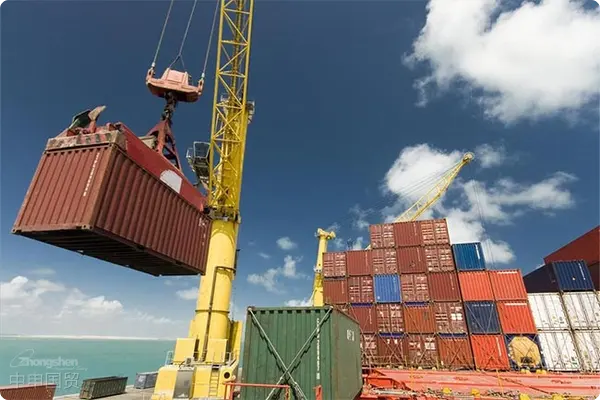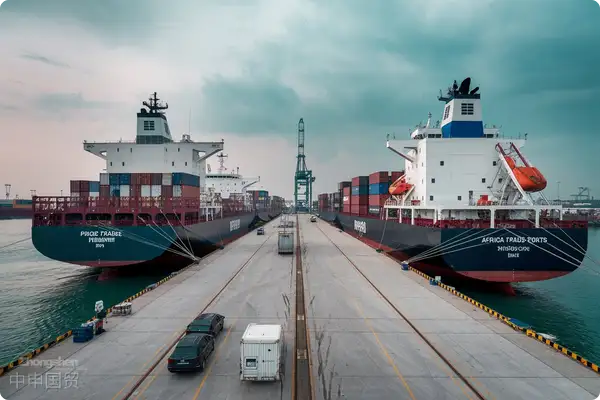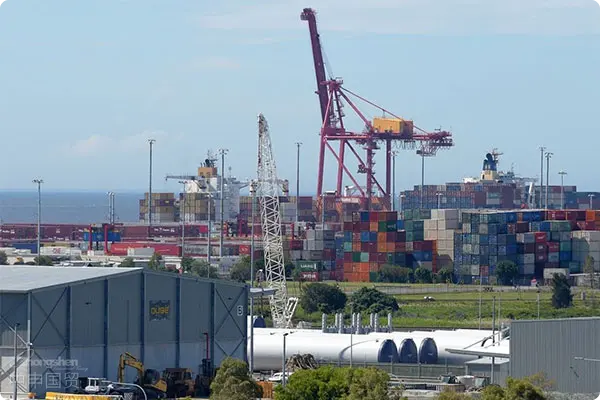- Shanghai Zhongshen International Trade Co., Ltd. - Two decades of trade agency expertise.
- Service Hotline: 139 1787 2118

In international trade,Export DrawbackExport tax rebates represent a significant policy benefit that plays a crucial role in reducing enterprise costs and improving competitiveness. However, the export tax rebate process is relatively complex, involving multiple stages and strict regulations when handled through formal agencies. A thorough understanding of this process helps enterprises better utilize agency services to benefit from export tax rebate policies while safeguarding their economic interests.
I. Selecting a Qualified Export Tax Rebate Agency
Assessing Qualifications and Reputation
When seeking export tax rebate agency services, enterprises must first evaluate the agencys qualifications. Formal agencies should possess relevant business licenses with clearly stated scope covering export tax rebate services. Attention should also be paid to their industry reputation, which can be assessed through client reviews and peer referrals. For instance, well-regarded agencies with years of compliant operations can efficiently resolve tax rebate challenges for numerous enterprises.
Evaluate Professional Ability and Experience
Professional capability serves as a crucial metric for evaluating agencies. This includes their familiarity with domesticforeign tradetrade policies, particularly precise interpretation of export tax rebate policies. Experienced agencies stay updated on policy changes and develop appropriate rebate solutions based on enterprise circumstances. For example, they can accurately classify products under different rebate rates to ensure enterprises receive entitled amounts. Additionally, agencies should possess extensive experience handling complex customs declarations and document verification.
II. Standard Procedures for Formal Export Tax Rebate Agency Services
Business Negotiation and Entrustment Contract Signing
The enterprise conducts business negotiations with the agency, discussing service content, fee standards, rights and obligations of both parties. After reaching an agreement, both parties sign a formal entrustment agency contract. The contract should clearly specify the scope of export tax rebate agency services, such as whether it includes customs declaration, document preparation, tax rebate application and other full-process services, while also stipulating important terms such as the calculation method of service fees and payment schedule.
Data Collection and Review
(1) Enterprise Provides Documentation
The enterprise needs to provide the agency with a series of documents that serve as the basis for export tax rebate. These mainly include the customs declaration form for exported goods, special VAT invoices, export sales invoices,A complete export agency agreement should be attached with:verification forms (simplified in some regions but relevant information still needs to be accurately provided), export contracts, etc. For example, the goods information, quantity, value on the customs declaration form must be consistent with other documents, and the content of special VAT invoices must also comply with tax rebate requirements.
(2) Agency Review
After receiving the documents provided by the enterprise, the agency will conduct a strict review. The focus of the review is on the completeness, accuracy and authenticity of the documents. The agency will carefully compare the logical relationships between documents, such as whether the invoice amount matches the customs declaration amount, whether the goods name is consistent with the commodity code, etc. If problems are found in the documents, the agency will promptly communicate with the enterprise to request supplementation or correction of the documents.
3. Export ClearanceAnd Goods Tracking
(1) Agency Customs Declaration
If the enterprise entrusts the agency with customs declaration, the agency will fill out the customs declaration form based on the goods information provided by the enterprise and declare to customs. During the customs declaration process, the agency must ensure the customs declaration form is filled out accurately, including information such as the goods name, specifications, quantity, value, origin, etc. At the same time, relevant documents such as licenses must be provided as required by customs (if the goods fall under license management).
(2) Goods Tracking
The agency also needs to track the export goods to ensure they are exported on time, with the right quality and quantity. This includes maintaining contact with freight forwarders, shipping companies and other relevant parties to promptly obtain transportation information such as loading date, estimated arrival date at the destination port, etc. If problems arise in goods transportation, such as delays or damage, the agency must promptly assist the enterprise in resolving them, as this may affect the processing of export tax rebates.
Tax Rebate Application and Tax Authority Review
(1) Tax Rebate Application Preparation
After completing customs declaration, goods export and ensuring the documents are complete and accurate, the agency begins preparing the tax rebate application. This includes organizing various documents provided by the enterprise according to the requirements of the tax authority, filling out the export tax rebate application form, calculating the tax rebate amount, etc. The calculation of the tax rebate amount needs to be based on the tax rebate rate stipulated by the state and factors such as the actual export amount of the goods.
(2) Tax Authority Review
After the agency submits the prepared tax rebate application documents to the tax authority, the tax authority will conduct a strict review. The review content includes the authenticity and legality of the documents as well as the accuracy of the tax rebate calculation. The tax authority may conduct on-site inspections of the enterprises export business, such as checking the production workshop and warehouse of the goods, to ensure the authenticity of the export business. During the review process, if problems are found, the agency must actively cooperate with the tax authority to provide supplementary explanations or make corrections.
Tax Rebate Payment and Settlement
(1) Tax Rebate Payment
If the tax authority approves the review, the tax rebate will be disbursed to the designated account of the agency according to the prescribed process. The duration of this process may be affected by various factors, such as the efficiency of the tax authority and the complexity of the application documents. Generally, if the documents are complete and meet the requirements, the tax rebate will be credited within a certain number of working days.
(2) Settlement with the Enterprise
After receiving the tax rebate, the agency will, according to the terms of the entrustment agency contract, deduct the corresponding service fees and promptly settle the remaining tax rebate with the enterprise. The enterprise should ensure to verify the tax rebate amount and service fees with the agency during settlement.
Conclusion
The formal agency export tax rebate process involves multiple rigorous steps, from the selection of the agency to the final settlement of the tax rebate. Each step must strictly follow relevant regulations and requirements. Enterprises choosing formal agency export tax rebate services can protect their rights while more efficiently utilizing export tax rebate policies to enhance competitiveness in the international market. At the same time, agencies should continuously improve their professional level and service quality to adapt to the ever-changing international trade environment.
Related Recommendations
Learn
Contact Us
Email: service@sh-zhongshen.com
Related Recommendations
Contact via WeChat

? 2025. All Rights Reserved. 滬ICP備2023007705號-2  PSB Record: Shanghai No.31011502009912
PSB Record: Shanghai No.31011502009912









